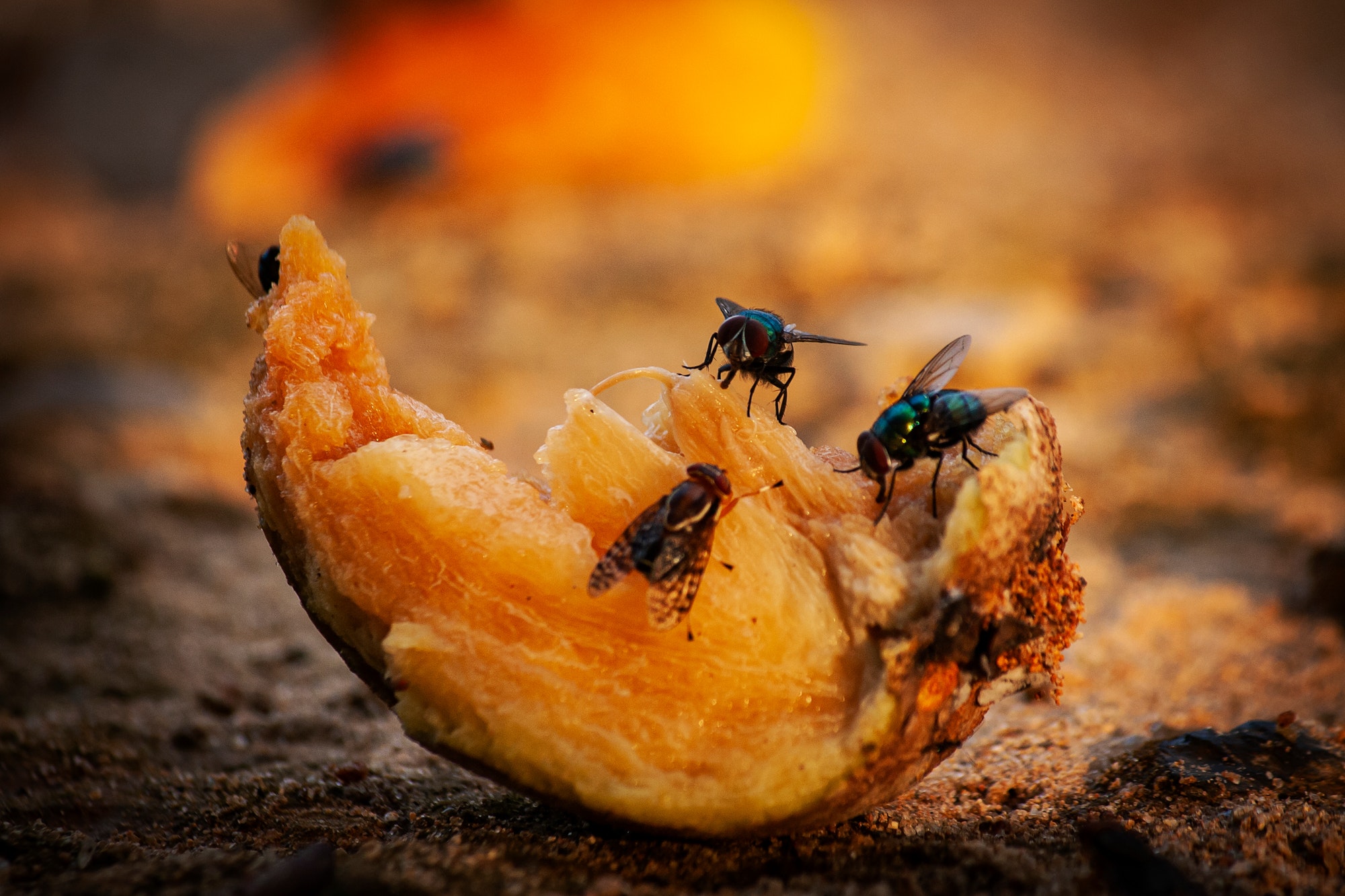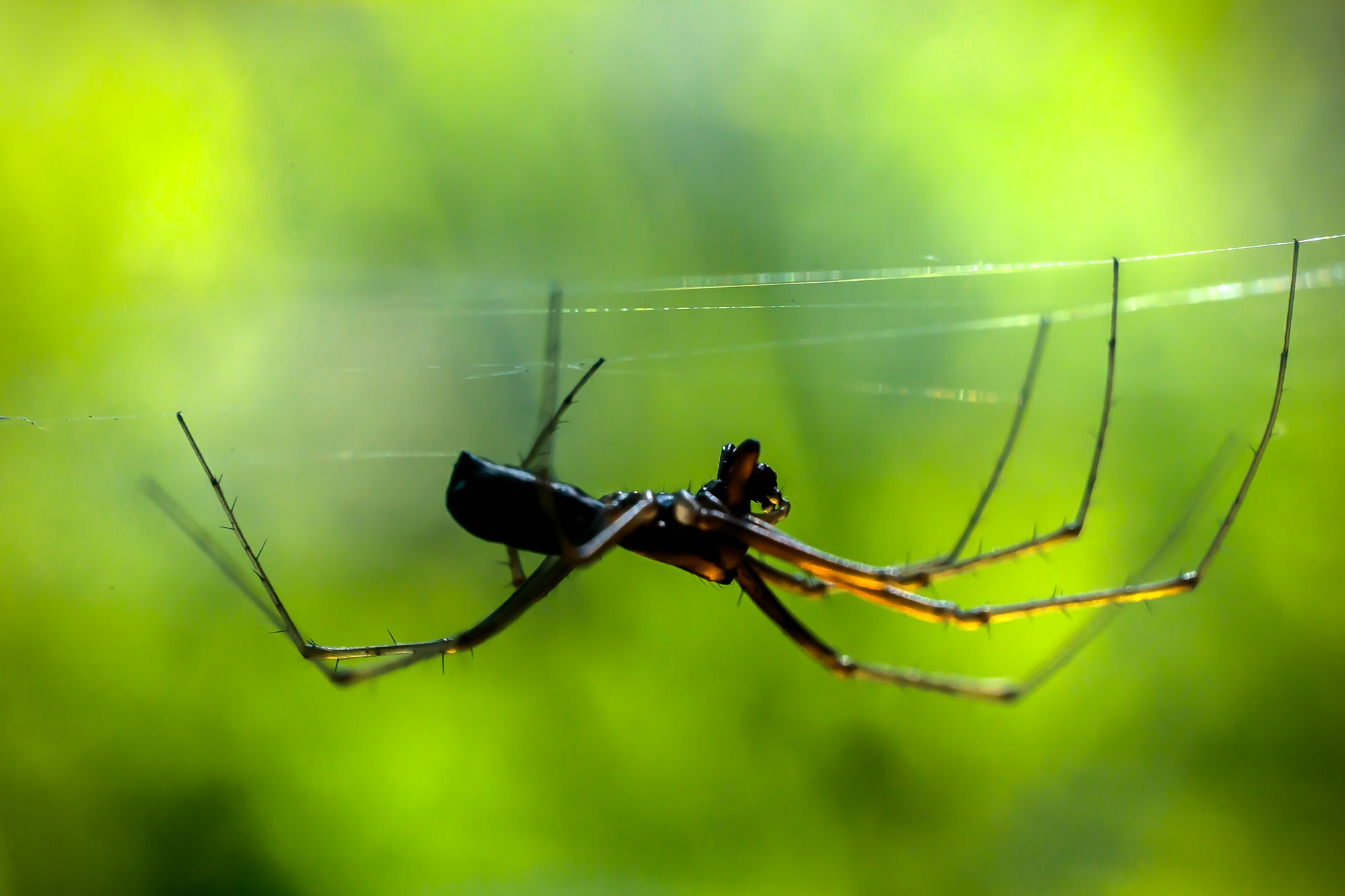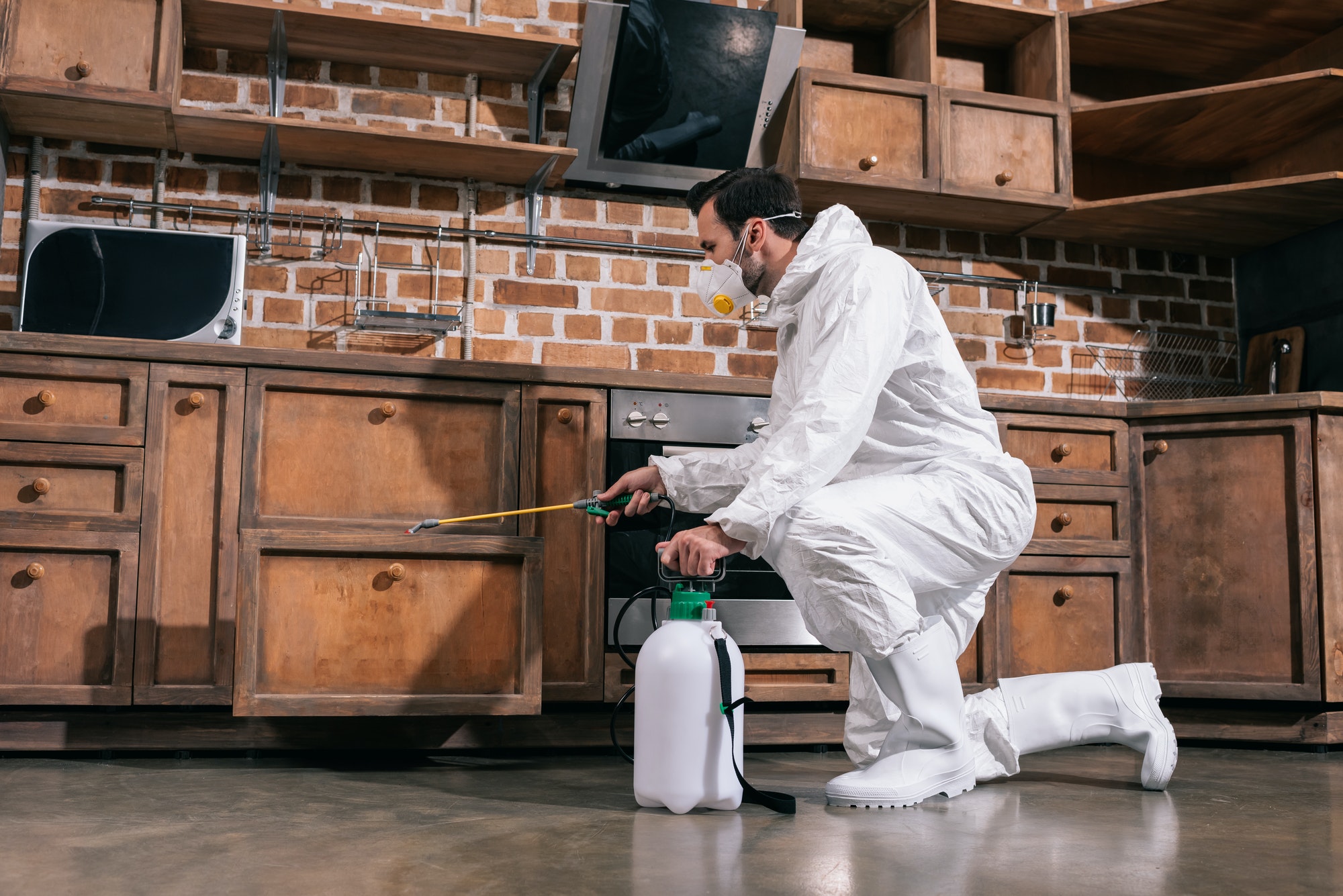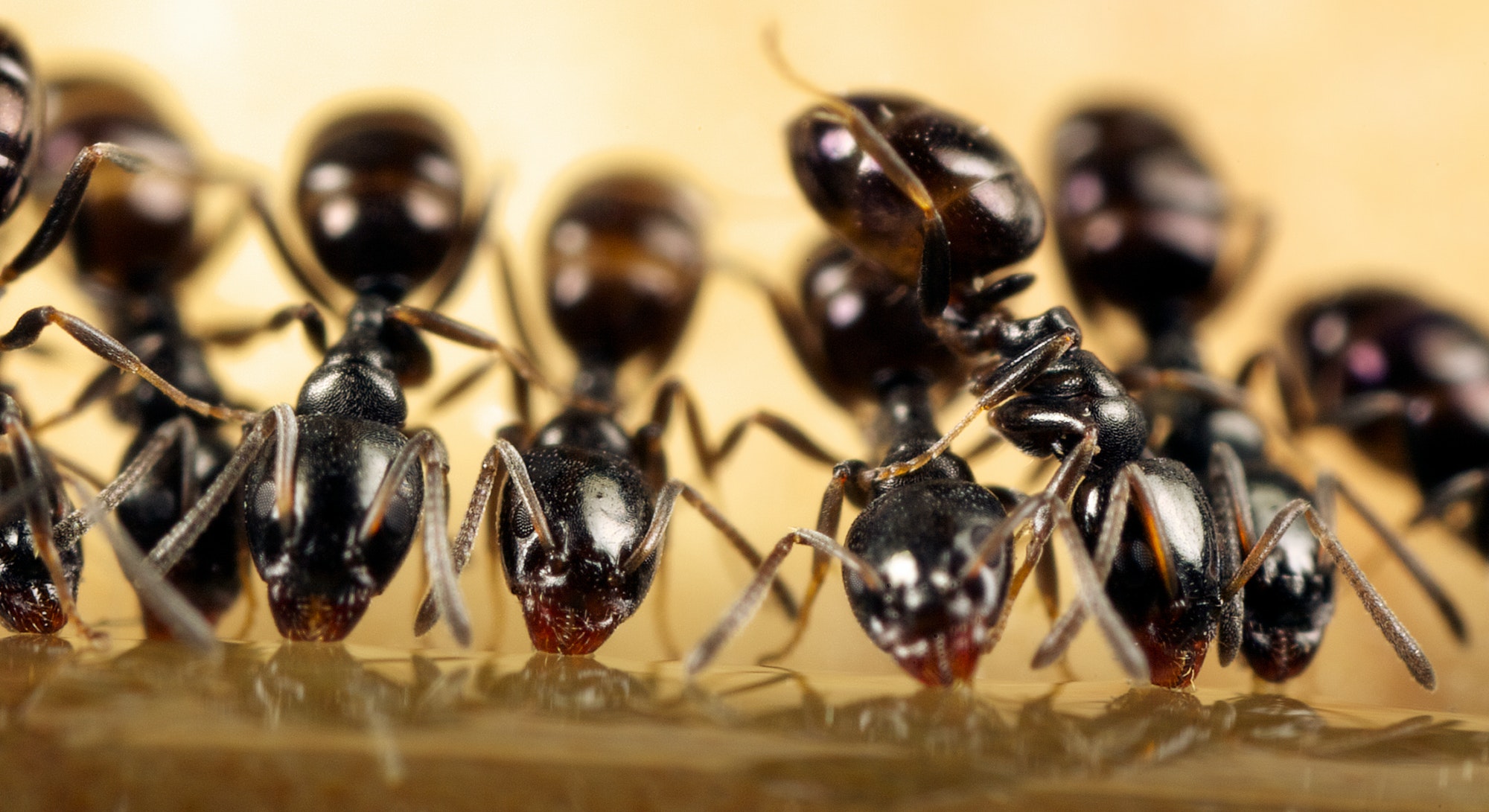Do Flies Really Vomit on Food When They Land?
I chose this topic because I was curious to know what flies are doing when they land, especially on food. When a fly lands near food, it looks as though it has seen the last meal ever while rubbing its feet together. Whether at a picnic or in the kitchen, flies seem to be waiting in line for a smorgasbord and they haven’t eaten in years. It turns out through my research that flies specifically house flies do indeed vomit on food when they land. I also determined that you may not want to indulge after a fly has landed on your food.
First, if a fly wants to eat, it will scrub the dry food substance with bristles on the end of its proboscis. This frees up food particles if they’re not already loose. Unfortunately, unlike humans, flies don’t have teeth that are included in their digestive process. They can’t chew so they use a mixture of saliva and stomach acids…and yes, they vomit this onto the surface of whatever they are trying to consume. Flies are doing the same thing that we do, however; it’s done outside of their body. The liquids have digestive proteins that help to break down food into a liquid form to allow a fly to suck it up.
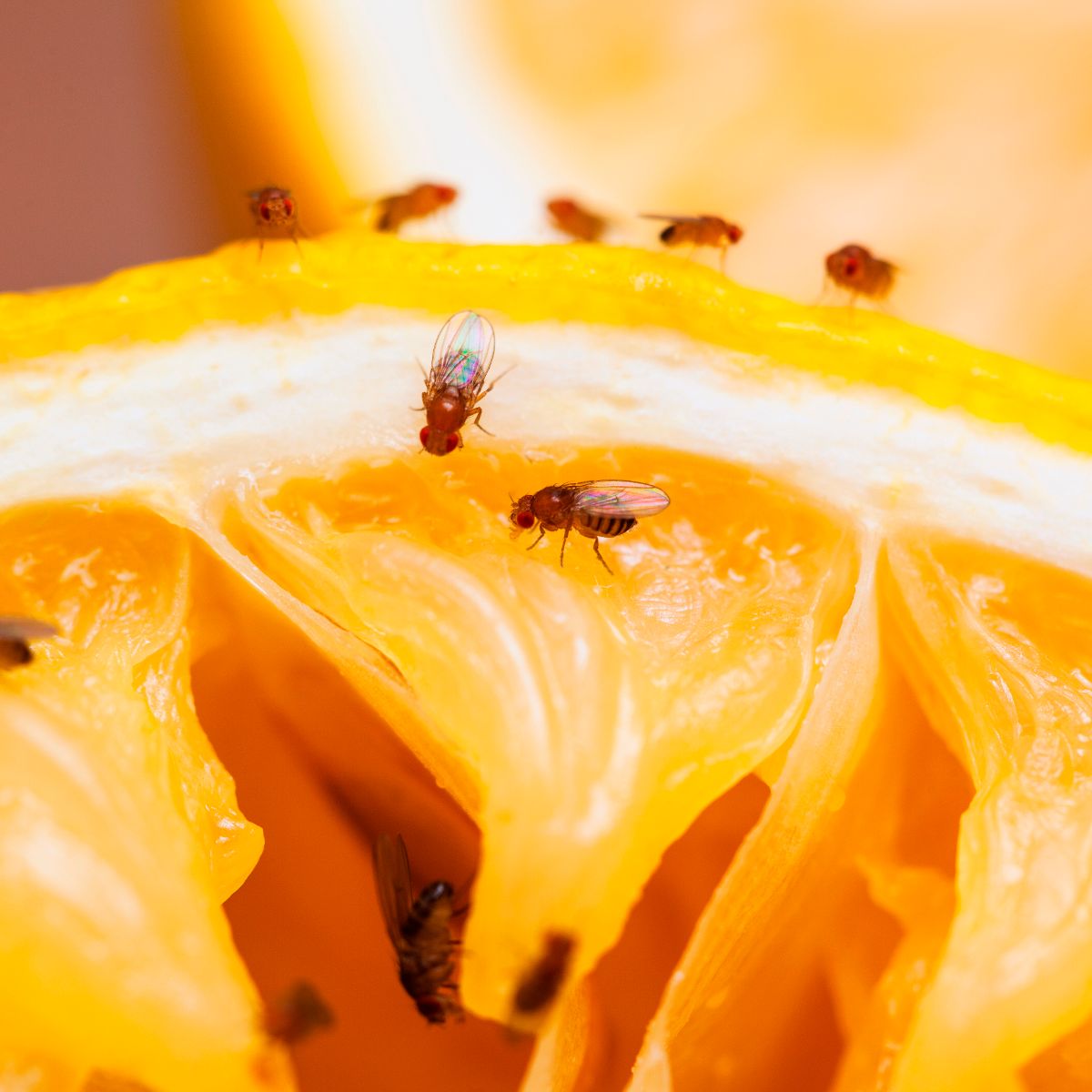
If the fly’s vomit cannot break the food down enough, the fly sends the food down an inner sack called the crop. The fly may pass the dissolving food many times between the crop and mouth applying fresh saliva. Eventually, the liquefied food will go to the stomach.
The fly’s digestive process sounds very interesting and it also sounds gross, because it actually is. Flies are not only attracted to our food, but also very gross things like corpses, garbage, dirty water, and so much more. Also, there can be tiny disease-causing microbes that attach to the fly’s feet. The fly can transport this to your food when it lands on it. The fly may regurgitate portions of a previous meal as well onto your food.
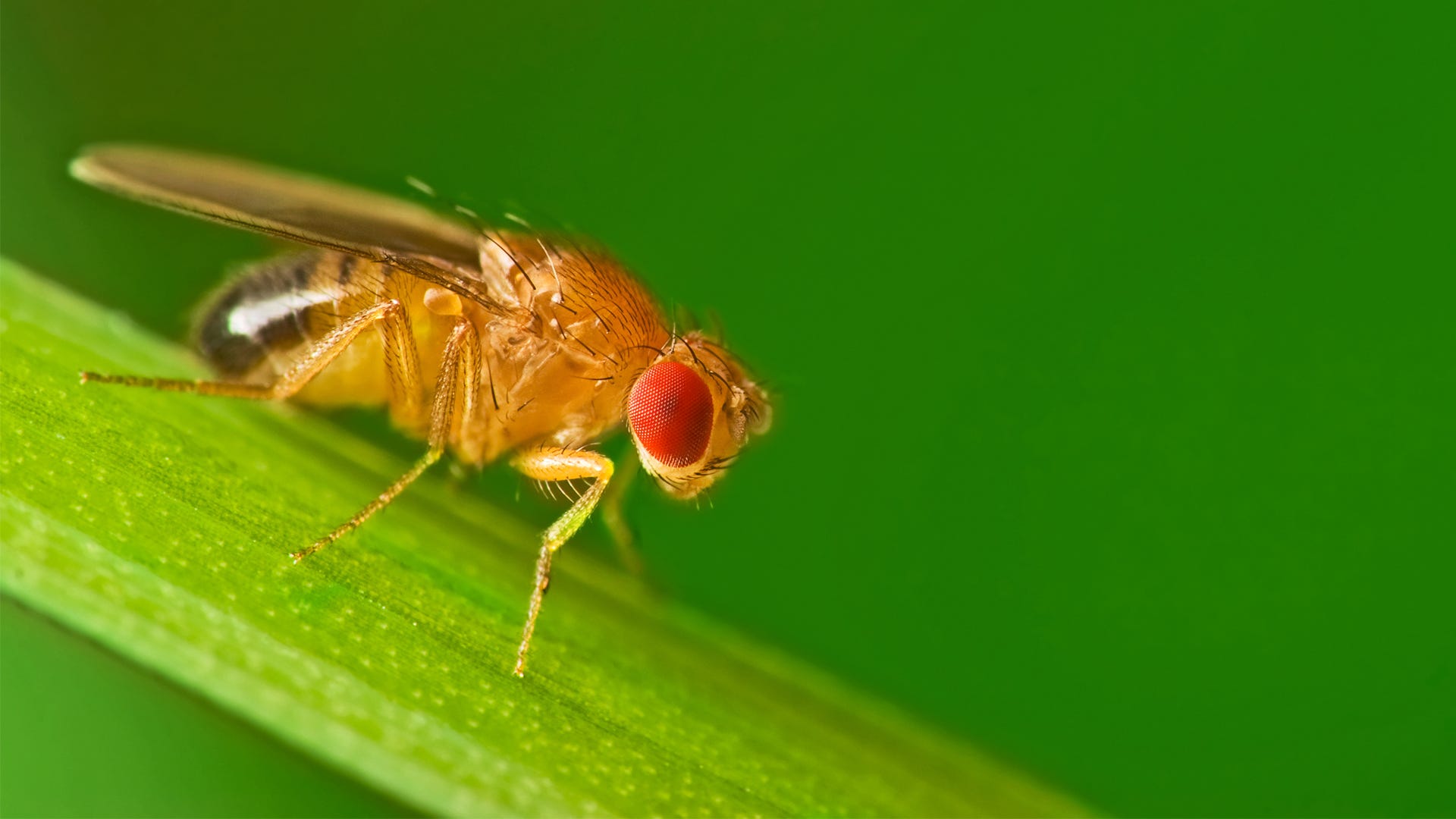
According to USA Today, only 3 percent of people said the presence of a fly would make them drop their fork. But even if a fly is only on your food for seconds, that’s all it takes for bad bacteria to come into contact with your food. Researchers analyzed DNA to find that houseflies carry 351 types of bacteria. Some of the bacteria were linked to human infections and illnesses, such as stomach bugs. What flies leave behind is minimal to most humans, but this may increase your risk of becoming ill especially if you are immunocompromised.
There is plenty of evidence that flies do vomit on food before eating it, and they carry undesirables attached to their feet. Although it’s a minimal chance that you may become sick, you should probably cover your food or reconsider consuming if many flies have had the opportunity to rest on your food.
Thus flies do, in a way, “vomit” on their food when they land. Although the liquid kept in a fly’s crop is not exactly the same as the half-digested mix of stomach acid and poorly-made pad thai that a human might regurgitate, it is similar enough to warrant the title of vomit and is likely equally disgusting. While one fly is unlikely to make a child with a competent immune system sick, Taylor’s trivia is correct and Alex should perhaps heed her advice.
